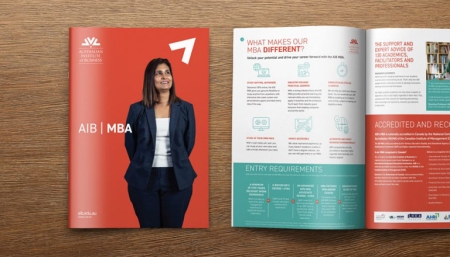7 things budding entrepreneurs must know before starting a business

Starting a business can be exciting and scary. A new business is still more likely to go under in the first three years than thrive, and it may come as no surprise, but the reason behind failure rarely has to do with neglect or outside influencing factors. Almost all the time, the founder is just not experienced enough to understand the challenges they will face, what customers really want, and how they will differentiate their service or product from others. So how do you make sure you’re starting your business on the right foot? Below are seven critical things every new entrepreneur needs to know to get in the right frame of mind.
1. Do something you like
Don’t start something you won’t want to do still be doing in five years’ time. If you’re not completely committed to it now, you’re less likely to want to give it your all.
2. Take hiring your first team members very seriously
When you start a business, you need to have a strong team around you. Some entrepreneurs can rush into hiring key team members as they try to prove that they have a viable idea. Don’t rush this process. Alongside you, these people will form the building blocks of your company. It may be more fitting at this time to continue building your business alone, seeking help from outside contractors and consultants instead. The choice is yours, trust your gut.
3. Sit on the idea while you refine it, but not for too long
Businesses have to test and test their idea or product before it’s fully ready to market. Entrepreneurs certainly should research and hone their product before fully launching it, but it will also be useful to test it out on actual customers. That initial feedback will be crucial, and can be used to refine the offering. This will ensure you don’t waste valuable time on an idea that might not even fit the market.
4. Over or under spending and knowing the difference
Forget the fancy office; a small shared space will do in the early stages. However, having a representative logo and premium-looking website will be a must in your growth years. Entrepreneurs have to understand where to spend and where to keep costs low. Times like these are when mentors can bring a world of useful knowledge.
5. Keep your board small
This really applies to founders who’ve sought outside funding. No business wants to or needs to start off with a big board. You may think it looks impressive but it will inevitably become a headache. You’ll also be tempted to welcome investments from anyone in the beginning, but choose your investors wisely, as these people will be connected to your business for what could be a long time.
6. Establish your culture early
Culture is not a feel-good thing you should do; it’s something you absolutely have to consider carefully. Your culture should radiate through your brand, and your public image is very important in these early stages. It’s also critical for hiring talent, and forms the foundation by which future employees will interact.
7. You are not going to know everything
In fact, you probably won’t know anything when you first start. Do your research, pick everyone’s brain, find a mentor that’s experienced in entrepreneurship, review business case studies and consider extra education.
What do you think?
Starting a new business can be risky, but you’ll never know if you don’t try. If you’ve got that entrepreneurial spark, focused passion and unwavering determination, you’re going to get off to a good start. What else do you believe budding entrepreneurs must know before embarking on a new business?
This article was written Megan Baker by Jelena Milutinovic on behalf of the Australian Institute of Business. All opinions are that of the writer and do not necessarily reflect the opinion of AIB. The following sources were used to compile this article: Business News Daily; Entrepreneur and Huffington Post
Explore more articles in our main blog page.




